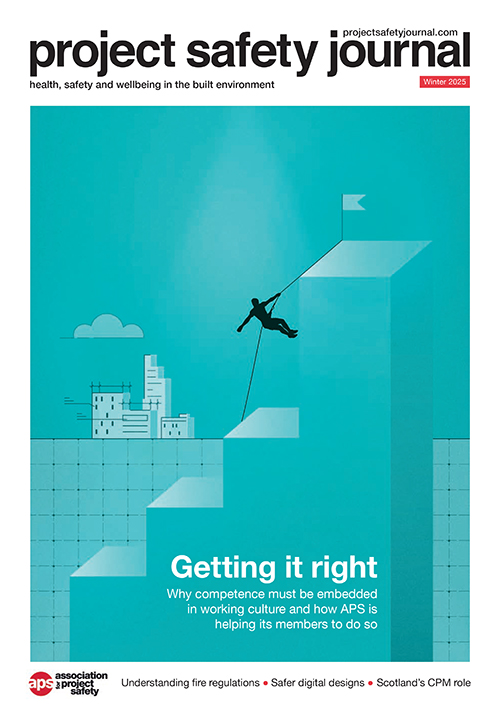
The government could scrap the UK’s Work at Height Regulations at the end of 2023 unless campaigners can convince ministers to retain them.
That is the warning from the Access Industry Forum (AIF), which represents the 10 principal trade associations and federations involved in work at height.
The 2005 Work at Height Regulations extended protection to people in all industries who work at height.
Falling from height is still the most common cause of workplace fatalities – there have been 683 since 2005. Provisional figures for 2021/22 show that of 30 fatal accidents involving construction workers, 13 were falls from height.
Following Brexit, the regulations governing work at height are covered by the Retained EU Law (Revocation and Reform) Bill which is currently passing through Parliament. This Bill seeks to remove EU-derived laws that remain on the UK statute book after Brexit. It proposes to ‘sunset’ more than 2,400 laws, one of which is the Work at Height Regulations.
If the Bill passes, the laws will be axed automatically on 31 December 2023 unless the government takes action to save individual regulations.
‘Backwards step’
The AIF warns that the number of falls from height has declined while the Work at Height Regulations have been in place, and that revoking them would represent a “backwards step”.
It highlighted figures showing that there were 67 fatal falls across all industries in the year before the government introduced regulations, making up 29% of total fatalities. Last year, there were 29 fatal falls across all industries, which was 24% of total fatalities.
It has submitted written evidence to the House of Commons Public Bill Committee, which is now considering the Retained EU Law (Revocation and Reform) Bill. And it urged the committee to exclude the Work at Height Regulations from the repeal.
Chair of the AIF, Peter Bennett, said: “Employers don’t want falls from height in their workplaces. They want their workers to be safe and free from harm. They also want to avoid the investigations, negative publicity, delays, increased insurance premiums and upheaval of responding to an accident.
“The Work at Height Regulations is a compact piece of legislation that creates a useful framework for employers to manage the risks and avoid falls from height. The rules are straightforward and practical, they’re embedded in existing policies, procedures and training, and although they’re not perfect, the most important thing is that they work. I’m in no doubt that the Work at Height Regulations have saved lives and if this legislation cannot be rescued from the scrapheap, it’s workers who will pay the highest price of all.”
AIF’s campaign
The AIF has launched a campaign called Save the Work at Height Regulations. It called on construction professionals who have seen the effects of a fall, who work at height or who are responsible for the safety of others who work at height to write to their MP and ask them to push for the Work at Height Regulations to be assimilated into UK law and excluded from ‘sunset clauses’ within the EU Law (Revocation and Reform) Bill.
If the Bill passes without specific reassurances on health and safety legislation, the AIF said a fight would begin to persuade ministers to replace the Work at Height Regulations (2005) with a new domestic law offering equal protection for workers, before the automatic expiry date kicks in on 31 December 2023. Or, at the very least, to allow a ‘stay of execution’, permitted until June 2026, to allow further consultation.
But it warned there was a “big risk” the process could result in a “watered down” version of the regulations, since the Bill allows replacement regulations to be made less burdensome, but not more burdensome for employers. Any changes can be pushed through without any stakeholder consultation or parliamentary debate.












